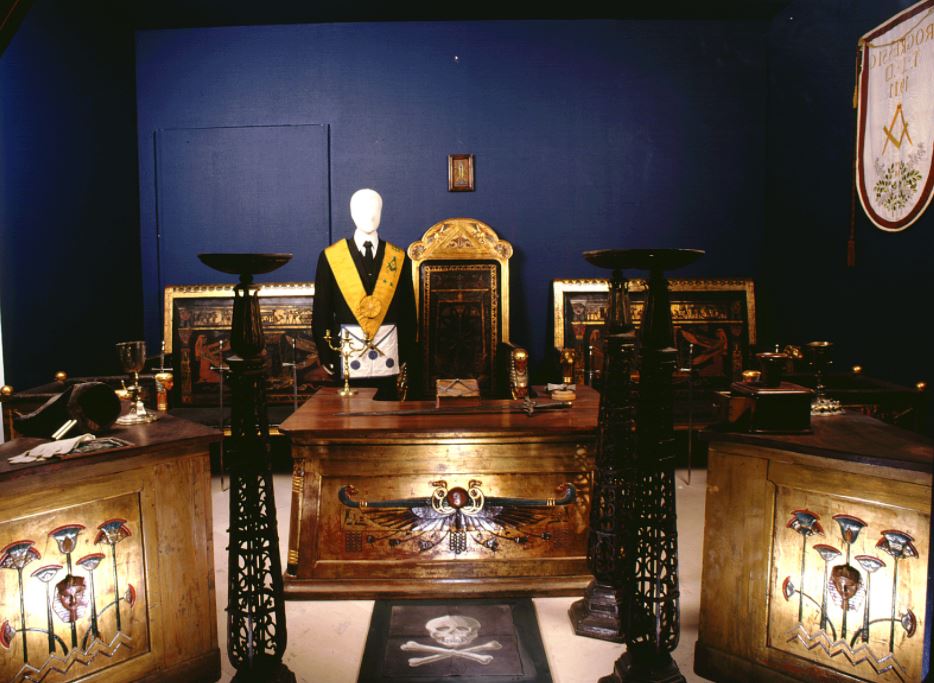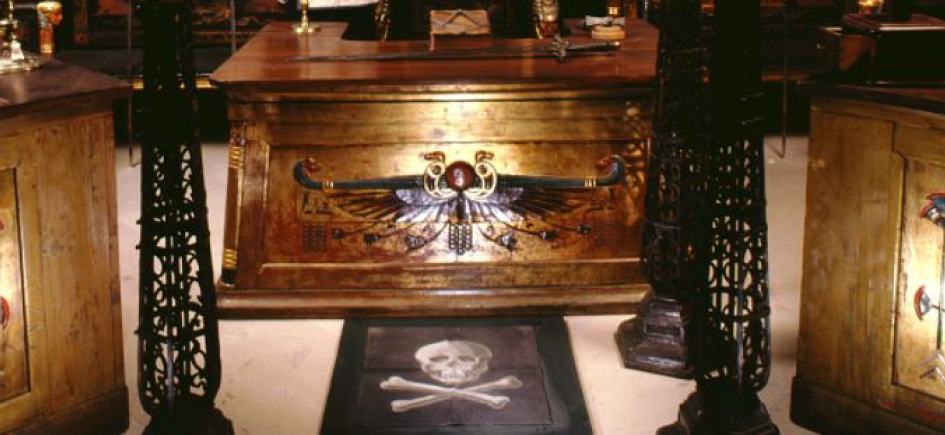
Enlightened Societies, Literature and Science in Central Europe
The Hungarian National Museum’s temporary exhibition, entitled „Lightseekers. Enlightened Societies, Literature and Science in Central Europe” presents a period of hundred years from 1718, Matthias Bel’s first attempt to advocate the collaboration of the Hungarian scientists to 1825, the establishment of the Hungarian Scholar Society (known today as the Hungarian Academy of Sciences).
Over the last few decades, international Enlightenment researches recognized that scientific societies, literary and linguistic associations, reading clubs, economic and patriotic associations and the Masonic Lodges of the 18th century helped to spread the reform concepts of the time, encouraged the development of literature and science, contributed to the modernization of society and politics, prepared the progress of civil rights and increased the aspiration to achieve national independence.

The network of the enlightened societies created a new communication system standard, which colligated multiple layers of society, and facilitated the dissolution of feudal society. One unique way the social movements manifested themselves were in the form of Freemasons, which promoted the cooperation of intellectuals across national borders.
1. „The idea of an academy in the 18th century”
2. History of communication
3. Networks
4. Knowledge sharing and national culture
5. Esoteric Traditions within the Masonic Movements
6. „A secret revealed” (based on Ádám Pálóczi Horváth’s novel of the same title)
7. The preparation of the civil society
>>> The exhibition can be visited with the ticket of the permanent exhibition.








